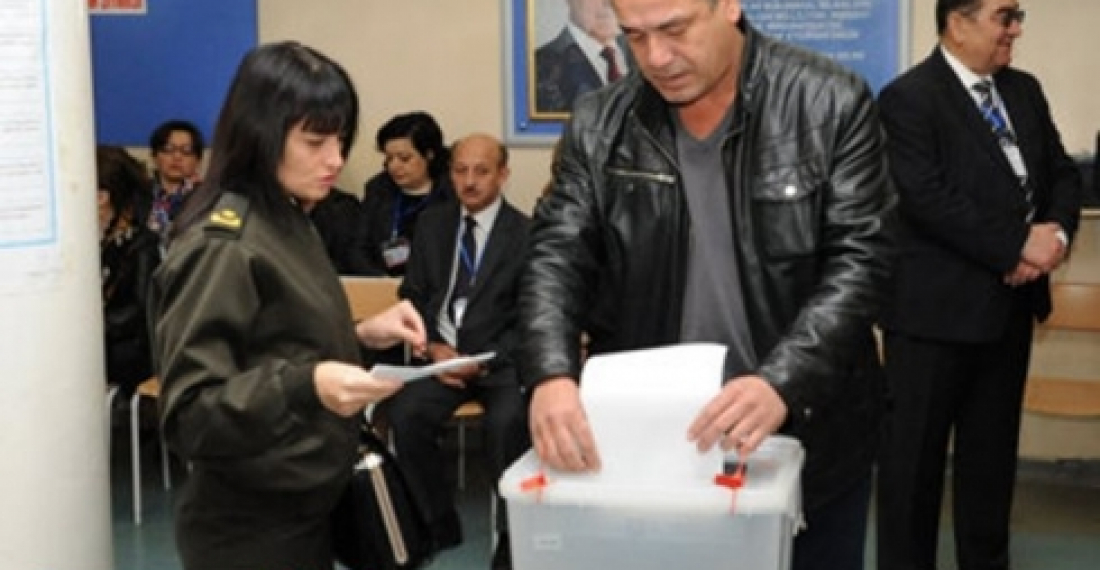The people of Azerbaijan are voting today to elect a President for the next five years. Voting in the first hours of polling was reported to be brisk.
Commonspace.eu political editor made the following comment on the elections:
"Even as voters are still casting their votes it is already clear that this election has marked a watershed in Azerbaijan's modern political history. Despite the fact that the political environment has for the last decade been very tightly managed by the government, despite widespread cases of human rights abuses and violations, and despite the fact that opposition to the current President and ruling party is very fragmented, the election has proven much more competitive than was expected, and interest amongst the public surged in the three weeks of the short election campaign. The message from the Azerbaijani electorate has been clear. Regardless of whether they want a new President or not, they certainly want a new kind of politics. That much should now be clear for everyone to see."
source: commonspace.eu
photo: A voter casting his ballot this morning in Azerbaijan's Presidential election (picture courtesy of Trend News Agency)







